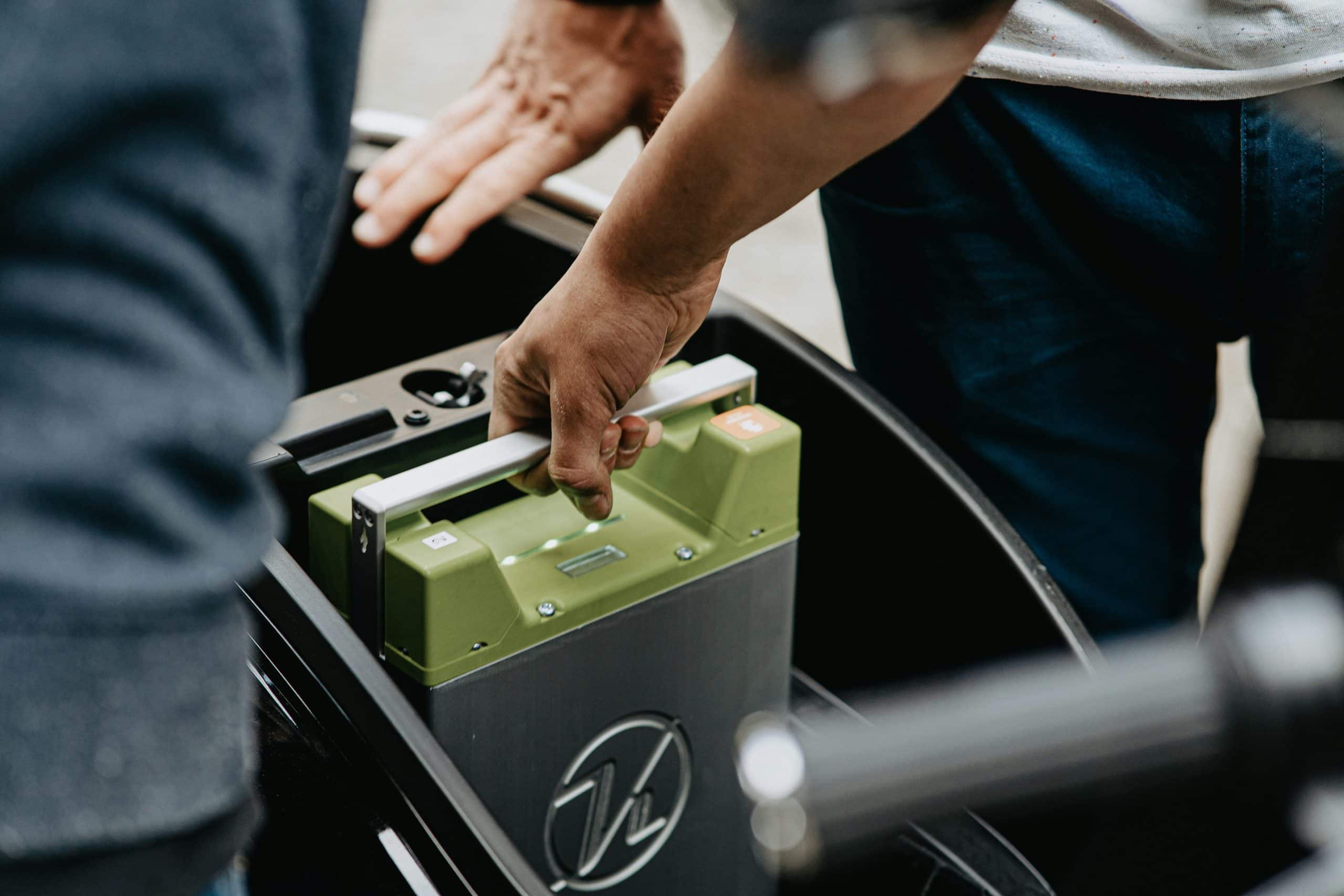How to Choose the Right Car Battery for Your Vehicle’s Needs?

Your car battery is the lifeblood of your vehicle. It provides the power needed to start the engine and run the sophisticated electrical systems found in modern cars. But like all batteries, it won’t last forever. When the time comes for a replacement, how can you be sure you’re choosing the right one for your car’s needs? This article will guide you through the process, explaining the key factors you need to consider such as battery size, power, maintenance, warranty, and more.
Understanding Your Car Battery
Before you start looking for a new battery, it’s important to understand what your car needs. This section will cover the basics about car batteries, helping you understand what your vehicle requires in terms of size, power (CCA and amps), and maintenance.
Dans le meme genre : What Are the Benefits of Multi-Point Vehicle Inspections?
Car batteries come in different sizes and types, each designed to fit specific vehicle makes and models. The size of the battery is paramount as it must fit securely in the vehicle’s battery tray. Too small, and it could bounce around causing damage; too large and it won’t fit in the battery compartment.
The power of a battery is measured in two ways: Cold Cranking Amps (CCA) and Ampere Hours (Ah). CCA is the measurement of a battery’s ability to start the vehicle in cold weather. The higher the CCA, the better the battery performs in cold climates. Ampere Hours, on the other hand, represents the amount of charge the battery can deliver over time.
Sujet a lire : What are the essential French spices you can find online ?
Lastly, some batteries are maintenance-free while others require regular checks and topping up of electrolyte levels. Maintenance-free batteries, such as Absorbent Glass Mat (AGM) batteries, are sealed and do not allow addition or loss of liquid. Non-sealed batteries, however, require regular maintenance to ensure optimal performance.
Deciding on the Right Battery Type
Knowing which type of battery will best suit your vehicle is crucial. The two most common types of car batteries are the traditional lead-acid batteries and the more modern AGM batteries.
Traditional lead-acid batteries have been the standard for many years. They are generally cheaper and have a decent lifespan. However, they do require regular maintenance, and their performance can suffer in extreme temperatures.
On the other hand, AGM batteries are a type of maintenance-free battery that uses glass mats to absorb the electrolyte. They are more expensive but offer superior performance, longer lifespan, and can handle a greater number of charge and discharge cycles. They also perform well in cold temperatures, making them a practical choice in colder climates.
Checking the Warranty
A warranty is an important aspect to consider when purchasing a new car battery. It provides assurance that if your battery fails within a certain period, it will be replaced free of charge. While most batteries come with a warranty, the length and terms can vary significantly.
When comparing warranties, look beyond the pro-rated period. You want to focus on the free replacement period. This is the timeframe in which the manufacturer will replace your battery free of charge if it fails. The longer the free replacement period, the better.
It’s also worth noting that the warranty starts from the date of manufacture, not the date of purchase. So, always check the manufacturing date before buying a battery to ensure you’re getting the most from your warranty.
Power Considerations
The power output of your car battery is essential. As mentioned earlier, the power is measured in CCA (Cold Cranking Amps) and Ah (Ampere Hours). Understanding these measurements will help you choose a battery that will perform well in your vehicle and its environment.
In cold climates, a high CCA rating is crucial. The cold can make engines hard to start, and a high CCA rating ensures your battery has enough power to turn the engine over on those frosty mornings.
Ampere Hours (Ah) is another crucial measurement. It dictates how many amps a battery can deliver over an hour. If your vehicle has a lot of power-consuming features, such as heated seats, sat-nav systems, and entertainment screens, you will benefit from a battery with a high Ah rating.
Maintenance and Care
The final thing to consider is the ongoing maintenance and care of your battery. Even maintenance-free batteries require some attention to ensure they last as long as possible.
To begin with, batteries should be kept clean and dry, as grime and moisture can cause them to drain. Regular visual inspections are also wise. Look for signs of damage or leaking, as well as any buildup around the terminals, which can impede the battery’s performance.
You also need to keep your battery charged. If you regularly take short trips, your alternator may not have enough time to fully recharge the battery after starting. In this case, occasionally using a battery charger can extend the life of your battery.
Remember, a well-maintained battery not only lasts longer but also performs better, ensuring your vehicle is always ready to go when you are.
Considering Your Driving Habits and Vehicle Requirements
Driving habits and the requirements of your vehicle greatly influence the type of battery your car will need. In fact, certain types of car batteries are better suited to different driving conditions and vehicle specifications.
If you frequently take short trips, your car battery doesn’t have the opportunity to fully recharge, leading to a shorter battery lifespan. In this instance, you might consider a battery with a high reserve capacity. The reserve capacity of a battery is the number of minutes the battery can deliver power without the engine running. A higher reserve capacity can help make up for the short trips.
For vehicles that feature power-hungry electrical systems such as high-performance sound systems, heated seats, and advanced navigation systems, a battery with a higher Ampere Hour (Ah) rating is necessary. As mentioned before, Ah refers to the amount of charge a battery can deliver over time. In vehicles with a lot of electrical accessories, a higher Ah rating ensures that the battery won’t be drained quickly.
If you live in a colder climate, a battery with a high Cold Cranking Amps (CCA) rating is recommended. Cold temperatures can make it hard for your car to start, and a high CCA rating provides the power needed to start your car in such conditions.
Also, consider your vehicle’s owner’s manual guidelines when choosing the right car battery. The manual usually specifies the right type and size of battery for your vehicle, ensuring that the battery will fit perfectly and function optimally in your car.
Verifying the Battery Compatibility and Installation
Before purchasing a battery, verify its compatibility with your vehicle, and consider the installation process. Not all batteries are created equal, and using the wrong one can result in poor performance or even damage to your vehicle.
To ensure compatibility, check your vehicle’s group size. This number indicates the battery’s physical dimensions, terminal locations, and type necessary for your vehicle. For instance, if your car requires a group 34 battery, you can’t replace it with a group 65 battery. You can find the group size in your car’s owner’s manual or consult with an auto parts professional.
When it comes to installation, while some people prefer to install the battery themselves, others might prefer professional installation. If you’re comfortable with doing it yourself, remember to always remove the negative cable first and install it last to avoid any potential short circuits.
If you choose to have it professionally installed, many auto parts stores offer this service, often free of charge when you purchase a battery from them. This can be a great way to ensure the battery is installed correctly and safely.
Conclusion
Choosing the right car battery is essential for the performance and reliability of your vehicle. It requires understanding your car’s needs, the different battery types, warranty considerations, power requirements, and maintenance practices. Don’t forget to consider your driving habits and vehicle requirements, and always verify the battery compatibility and installation process. By keeping these considerations in mind, you can select a battery that will ensure your car is always ready to hit the road, regardless of the weather or driving conditions. With the right battery, you can have peace of mind knowing your car will start reliably every time, and your vehicle’s electrical systems will continue to function optimally.
